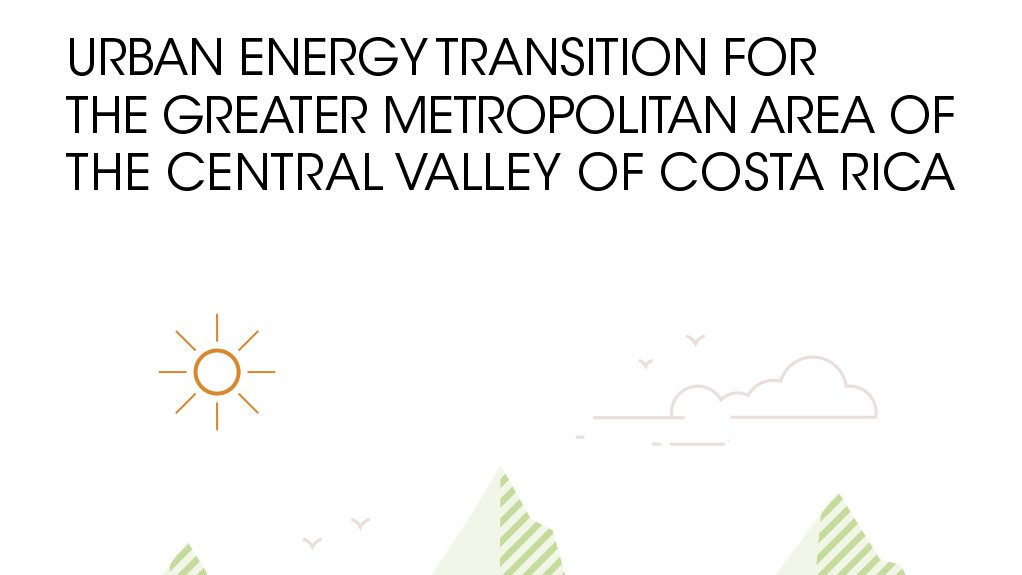- Urban Energy Transition for the Greater Metropolitan Area of the Central Valley of Costa Rica9.46 MB
To address the global climate challenge, Costa Rica has committed to transform its economy to net zero emissions by 2050 and developed the national decarbonisation plan to achieve this target. Worldwide, urban planning has increasingly been the interplay for energy use at a local level. Costa Rica’s central government is in charge of developing national energy and transport policies and regulations. Given that 75% of the country’s population lives in urban areas, as in many countries, implementing such a comprehensive plan involving end-use sectors would require efforts at many levels.
This IRENA report explores technological options in the Greater Metropolitan Area of the Central Valley of Costa Rica to contribute towards achieving the national decarbonisation goal and also improving the sustainability of their jurisdiction. Overall, this study highlights the link between the National Decarbonisation Plan and the actions that local governments can take. This will not only facilitate the policy discussions around the removal of institutional and regulatory barriers to allow sub-national governments to devise specific plans and actions based on their localities, but also enable better co-ordination between urban planning and energy planning at the national level.
This report forms part of the Energy Solutions for Cities of the Future project, which is supported by the International Climate Initiative (IKI). The German Federal Ministry for the Environment, Nature Conservation and Nuclear Safety (BMU) supports this initiative based on a decision adopted by the German Bundestag.
Report by IRENA
EMAIL THIS ARTICLE SAVE THIS ARTICLE ARTICLE ENQUIRY
To subscribe email subscriptions@creamermedia.co.za or click here
To advertise email advertising@creamermedia.co.za or click here











